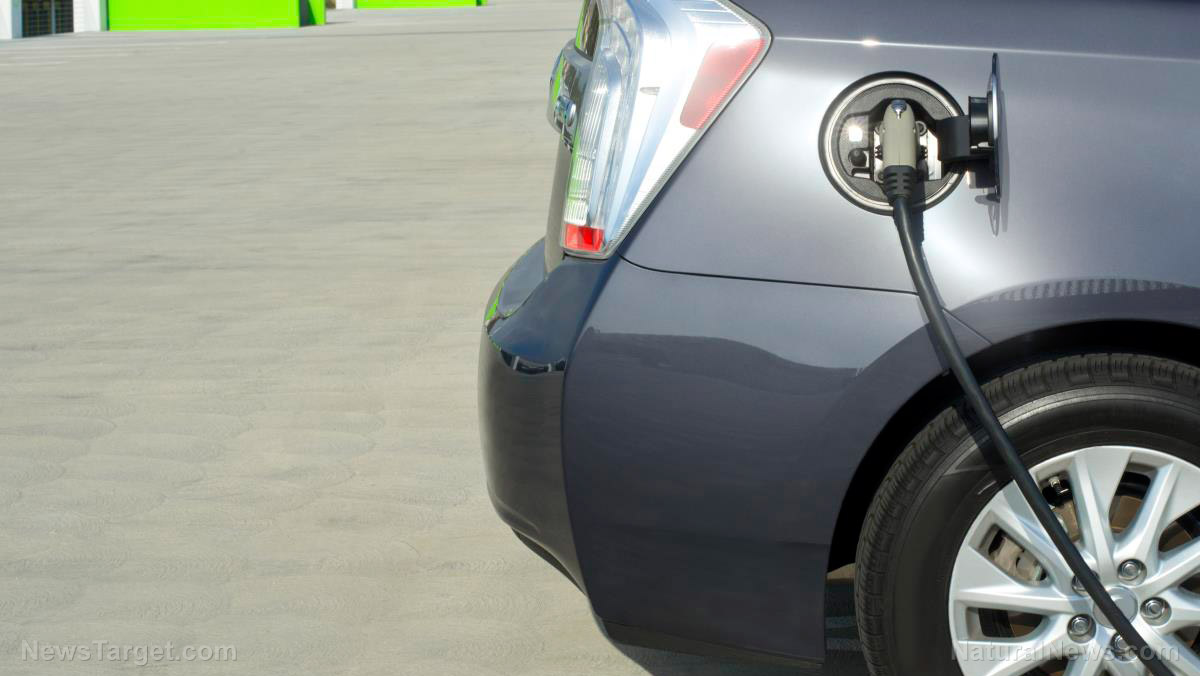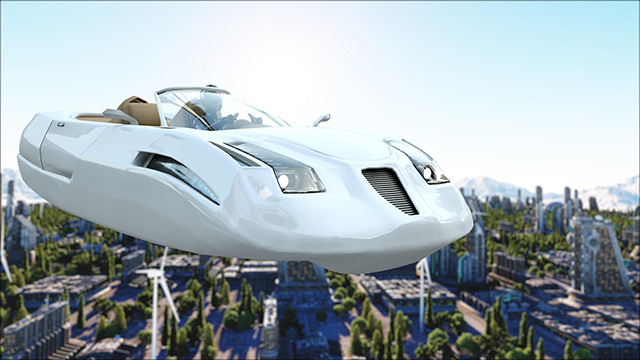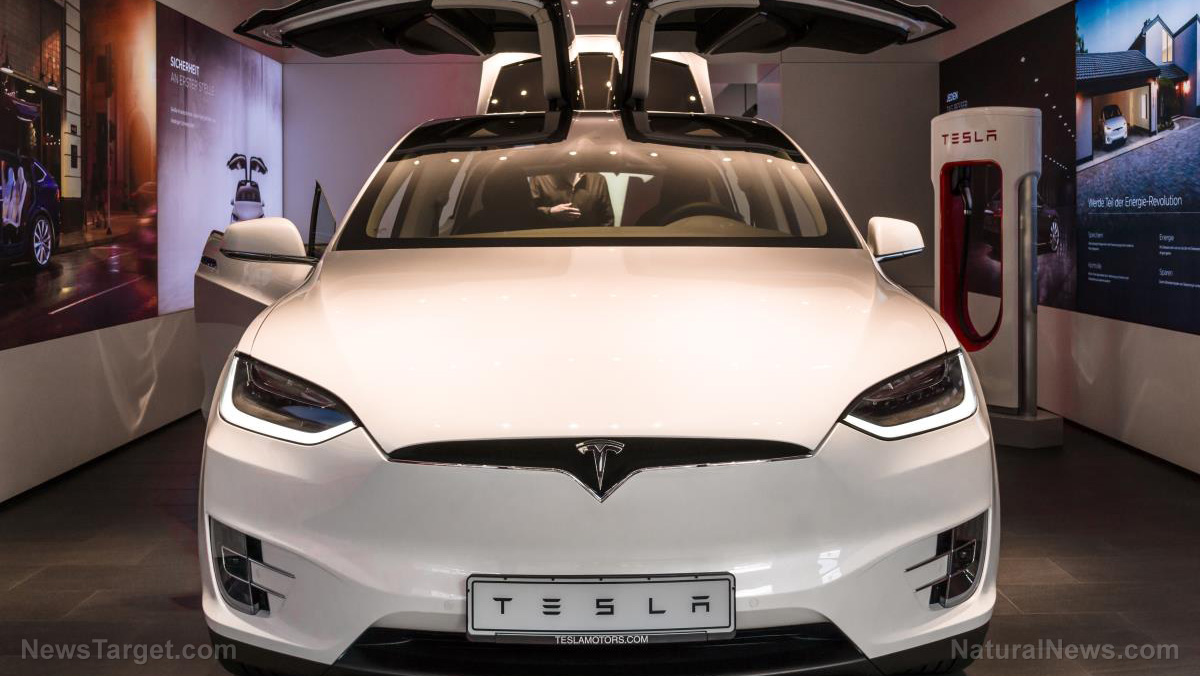EV maker Tesla looking to set up lithium refinery in Texas, eyes tax relief
09/14/2022 / By Kevin Hughes

Tesla Inc. is considering establishing a lithium refinery on Texas’ Gulf Coast in a bid to acquire a key component in electric vehicle (EV) batteries. The move comes amid soaring demand for electric cars.
In an application filed with the Texas Comptroller’s Office, the company stated that it will process raw lithium ore “into a usable state for battery production.” Tesla has previously advertised a possible battery-grade lithium hydroxide refining facility, the first of its kind in North America.
According to the Aug. 22 application, construction of the facility could begin in the fourth quarter of 2024 if approved. Commercial production, meanwhile, could commence by the end of 2024.
Tesla stated it would use less dangerous reagents and make usable byproducts, in comparison with the conventional process, when it produces EV batteries. The finished products from the refinery will then be delivered by trucks and rail to different Tesla battery manufacturing sites.
However, the company founded and led by Elon Musk said it is still “evaluating the feasibility of this project” and that “only very preliminary development activities have begun.” It added that no engineering, construction or procurement construction contracts have been signed or negotiated. Moreover, no regulatory permits have been acquired.
According to Tesla, the project could be situated “anywhere with access to the Gulf Coast shipping channel.” Another site in Louisiana is also being considered.
The company remarked that the only way the lithium refinery project will be feasible is if the Lone Star State provides it tax breaks under state law.
“In the case of the investment on this proposed project in Texas, the decision will be based on a number of commercial and financial considerations – including the ability to obtain relief regarding local property taxes,” as stated in Tesla’s application.
Tesla could be the first to invest directly in lithium refining
Musk earlier said that Tesla may have to directly mine and process its lithium as prices of the metal continue rising. Ensuring a stable supply of battery components is seen as crucial for Tesla as it confronts intense competition in the booming market for electric cars. Thus, the Tesla CEO has also been outspoken about the need for more cast in the lithium refining industry.
If Tesla’s plan advances, the carmaker could become the first in the industry to invest directly in lithium refining as automakers rush to repair deals with miners and refiners.
Arpit Agarwal, director at venture capital firm Blume Ventures, said Tesla stands to benefit from lower logistics costs, aside from incentives it may receive from the United States government.
“Carmakers are trying to ensure they have control over the supply of lithium, hedging for any geopolitical situation that might arise in [the] future where the supply is disrupted,” he commented.
As part of the application to Texas, the company added that it is also looking at “other battery materials processing, refining and manufacturing and ancillary manufacturing operations in support of Tesla’s sustainable product line.”
Tesla’s move seeks to expand the supply of its lithium and battery production. Lithium prices have soared this year because of rising demand from the auto industry.
Lithium is a crucial metal for batteries that get into almost everything from electric cars to smartphones. China is by far the world’s largest lithium manufacturer, commanding more than half of the world’s lithium processing and refining. In contrast, the U.S. just holds one percent. (Related: EV market depends almost entirely on communist China – “going green” actually means going COMMIE.)
Follow RoboCars.news for more news about electric vehicles.
Watch the video below to know why Tesla electric cars can be dangerous.
This video is from the GoneDark channel on Brighteon.com.
More related stories:
Sources include:
Submit a correction >>
Tagged Under:
electric cars, electric vehicles, Elon Musk, energy supply, EV bateries, Gulf Coast, lithium, lithium mining, lithium refinery, metals, power, products, robocars, supply chain, tax breaks, tesla, Texas
This article may contain statements that reflect the opinion of the author
RECENT NEWS & ARTICLES
FlyingCars.News is a fact-based public education website published by Flying Cars News Features, LLC.
All content copyright © 2018 by Flying Cars News Features, LLC.
Contact Us with Tips or Corrections
All trademarks, registered trademarks and servicemarks mentioned on this site are the property of their respective owners.


















